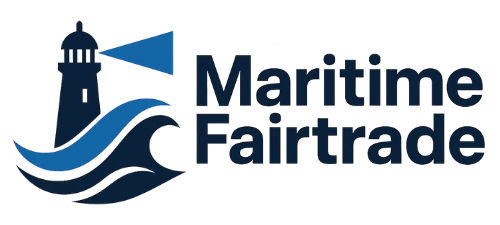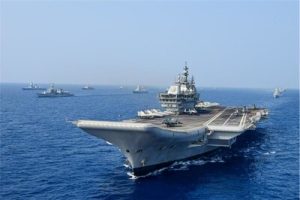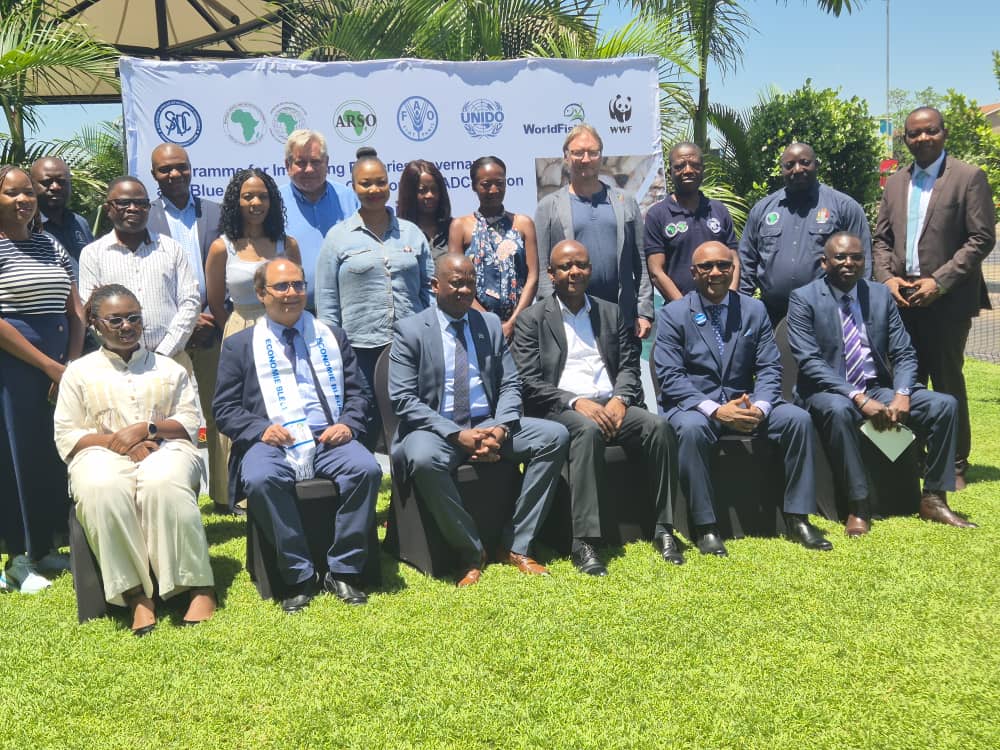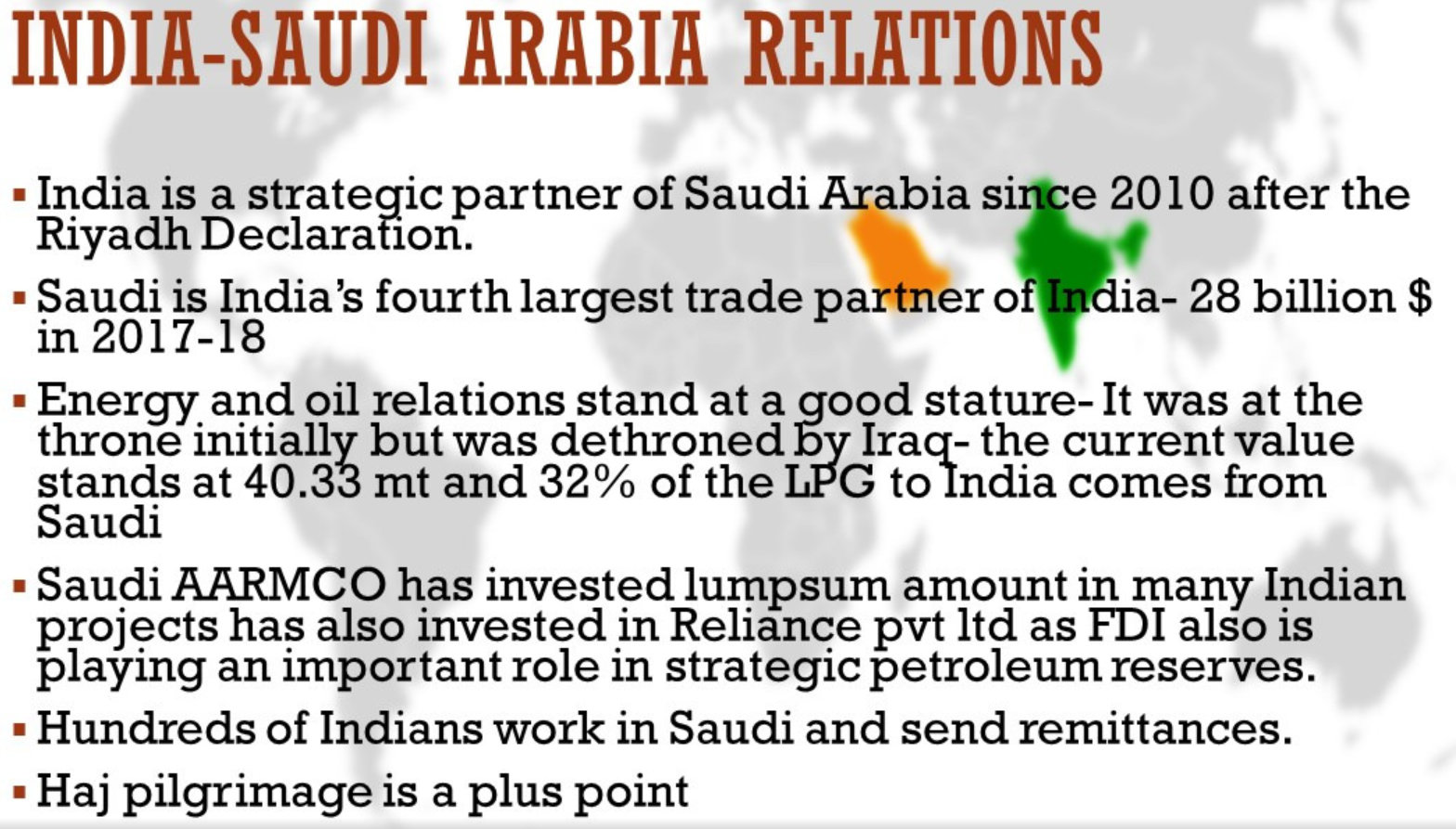Summary of Emma Salisbury’s Insights on Maritime Security and Geostrategy
Emma Salisbury is a prominent researcher in maritime strategy at the Council on Geostrategy, with extensive academic qualifications and a focus on naval operations, military innovation, and transatlantic defense policy. Her perspectives are particularly relevant in the context of growing geopolitical uncertainty, including the shifting dynamics of American security guarantees in Europe and new technological advancements in warfare.
Salisbury identifies that the current geopolitical climate is characterized by multiple, simultaneous crises, particularly the threat posed by Russia. She emphasizes the necessity for Europe to adapt and defend itself in the face of diminished U.S. support, rethinking NATO’s role and building reliable security structures. Additionally, the war in Ukraine has provided invaluable lessons on the integration of traditional and modern warfare, especially through the development and use of uncrewed systems.
Reflecting on her intellectual evolution, Salisbury credits historical scholarship for shaping her understanding of international relations. Studying patterns of causation from history allows her to contextualize contemporary events, recognizing that while history doesn’t repeat, it does reveal recurring themes and trends.
The health of the UK’s maritime-industrial base is another focal point in Salisbury’s work. Once central to the British economy, these industries now face significant challenges that could impair the UK’s ability to build ships and maintain maritime logistics. Strengthening this sector is vital not only for national security but for broader economic prosperity. Salisbury advocates for the establishment of a Maritime Innovation Hub to spearhead governmental R&D investment in maritime technologies, focusing on sustainable shipping, uncrewed systems, and advanced manufacturing processes.
In terms of military strategy, Salisbury discusses the Royal Navy’s role in countering hybrid threats from Russia, emphasizing the need for a proactive presence in British waters. She stresses that collaboration within NATO is crucial for effective deterrence against both conventional and unconventional threats posed by Russian activities.
On a broader scale, Salisbury examines the implications of China’s increased naval presence in the Indian Ocean for European trade routes and security interests. She urges the UK to strengthen maritime cooperation with allies in the Indo-Pacific, enhancing military interoperability to counter potential Chinese aggression effectively.
Furthermore, Salisbury highlights the AUKUS trilateral security partnership as a critical element in responding to China’s growing influence. This deal bolsters the security framework among the U.S., UK, and Australia, ensuring a collective approach to maintaining stability in the Indo-Pacific.
Regarding future submarine capabilities, she recommends a “Plan B” for the UK to develop its own submarines independent of the AUKUS framework, ensuring national security in case of any disruption to the agreement.
Salisbury encourages young scholars in International Relations to cultivate a love for reading and intellectual curiosity, while also emphasizing the importance of building supportive professional networks. Lastly, she advises the younger generation to prioritize personal well-being to avoid burnout, underscoring the need for balance alongside academic pursuits.
In summary, Salisbury’s insights reflect a nuanced understanding of maritime security issues, the need for technological innovation, and the importance of robust international partnerships in addressing contemporary global challenges.










